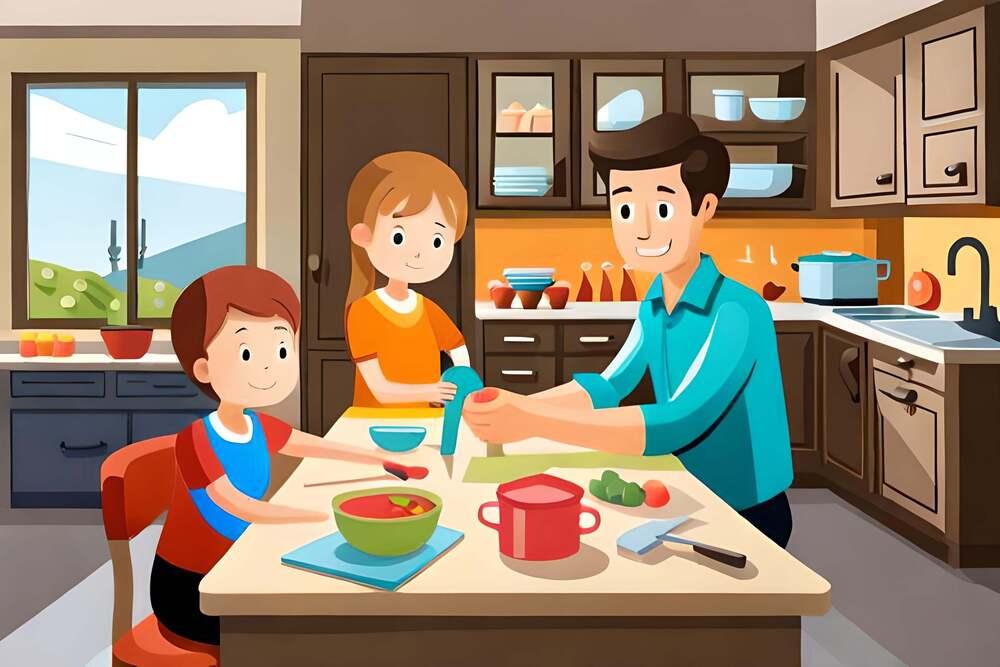What you need to know about bed wetting (enuresis)
Bed wetting is more common than you think it is. It is one of those taboo topics that isn’t easily discussed because both children and parents find it so embarrassing. Children feel ashamed and bad when they wet the bed and these negative feelings can worsen if they aren’t managed correctly.
Bed wetting is an issue that millions of parents face through every child’s development. It is also referred to as night time incontinence, enuresis or defined as reflexive urination during the night. Bed wetting is quite common in primary school children and especially in boys from the age of four and upwards. For some children it can last until the beginning of their teenage years but usually children tend to grow out of it.
Bed wetting is divided in two categories - primary and secondary bedwetting or enuresis. Primary bed wetting is continuous bed wetting from a tender age without a break while secondary is when a child stops bed wetting for a certain time, then starts again.
What causes bedwetting?
There are many reasons why children wet the bed, particularly physical and mental. Here are some of the reasons you should be on the lookout for if your child is wets the bed every night.
- Weak or overactive bladder
One of the main causes of f bed wetting is a weak or overactive bladder in children. Children with an overactive bladder have no control over their urinary muscles which leads to wetting the bed.
Some children’s kidneys may also produce too much urine which makes it difficult for their bladder to handle the capacity. Most cases of primary enuresis (when the child has never been dry at night) are due to immature bladder control or an overactive bladder. Bladder maturity varies from child to child and some children take longer than others to be dry at night, with boys generally taking longer than girls. There is often an heredity component – bedwetting tends to run in families!
- Unable to wake up
Some children tend to sleep more deeply than others, especially in winter and as a result they can’t sense when they want to urinate at night. Most of us will wake up when we can feel that we need to go to the bathroom because the brain sends signals to the bladder. Children who wet the bed don’t wake up because their brain is not responding to signals sent from the brain to the bladder. Again, this is often a matter of maturities.
- Drinking lots of liquids
Another common cause of wetting the bed is if your child drinks lots of liquids at night – milk, juice, cool drinks or tea. All these liquids helps to increase the production of urine in the system which doesn’t really help if your child has a bed wetting problem.
- Underlying health issues
Bed wetting can also be caused by underlying health problems such as constipation, bladder infections, emotional problems or diabetes. This is especially relevant in the case of secondary enuresis (where there has been an initial period of dryness at night, followed by a recurrence of bedwetting).
- Emotional problems
Children may wet the bed at night because they are anxious or upset about something. They often dream about what they do during the day, and if your child had an argument with a friend, is being bullied at school or abused at home, it will torture him mentally. At night, he will have frightening nightmares which may cause him to wet the bed.
Tips to cope with bed wetting
Parents often struggle with bed wetting problems. Clinical Psychologist, Michele Carelse shares some helpful solutions for you.
- Limit fluids at night
Be strict about not giving your child anything to drink in the evenings particularly two hours before bedtime. Eliminate caffeine from their diets particularly beverages such as tea, coffee and fizzy drinks as these types of drinks tend to make one urinate more. (they are not good for children any way, so this is another good reason to restrict their intake of caffeinated or fizzy drinks).
- Encourage your child to use the bathroom frequently
Encourage your child to try to use the bathroom more often during the day. Train your child to also make more bathroom trips before going to bed every night as this will mean that he will urinate less.
- Set the alarm
There are different opinions about whether or not to wake your child at night or carrying him or her to go to the toilet. While it certainly helps to prevent a wet bed (and some people may choose this over having loads of washing every day), carrying your child to the toilet in the middle of the night does not really help him or her develop personal control over night time urination. This is very much your choice.
You could set your alarm clock to wake your child up to go to the bathroom or leave things to happen naturally, helping your child to realise when he or she has missed the signal at night (thereby learning from experience) .
There are also bedwetting alarms available which can wake your child up the minute he wets the bed. The alarm system is quite effective because it helps the brain to control the bladder and also helps to prevent bedwetting accidents.
- Watch out for constipation or bladder infections
Check if your child is constipated as this is one of the common causes associated with bladder problems and many people do not associate the one with the other. If your child is not having regular bowel movements, make sure that you increase his fibre and fluid intake.
Encourage your child to drink water and eat more fruit, veggies, bran and wholegrain breads to promote healthy and regular bowel movements.
When children have been dry at night for some time, but then start bedwetting again, (secondary enuresis) then one should always consider the possibility of a bladder infection. Look for symptoms such as changes in frequency, difficulty in urination or burning. Natural remedies for bladder infections such as UTI-Clear can help to safely and effectively clear bladder infections to restore dry nights in children again.
- Reassure your child
Children may become embarrassed or feel ashamed especially if their parents constantly reprimand, shout or blame them for wetting the bed.
Don’t make an issue out of bedwetting and reassure your child that it is normal for kids his age to wet the bed. Never punish a child for bedwetting. It will only increase anxiety and make the problem worse.
- Reward your child
Create an incentives chart where you reward your child for not wetting the bed. Make a chart using cute stickers - for every night that your child stays dry, he will get a sticker. When he earns ten stickers, he receives a reward. It could be a chocolate or a toy. Positive reinforcement has been known to work wonders for children who wet the bed.
- Natural remedies for bedwetting (enuresis)
Natural herbal and homeopathic remedies can help to address many underlying problems, including bedwetting in children. Here are some Feelgood Health remedies that are often used to help children with bedwetting problems.
In the Feelgood Health Natural Kids range, Dry Night is a 100% homeopathic remedy which helps your child stay dry at night. This remedy strengthens immature bladders and offers your child added confidence and improved self -esteem to stay dry longer.
Use MindSoothe Jr which is a herbal remedy to help children who are anxious, traumatised or depressed, conditions which can often cause bedwetting.
If your child is shy, fearful and often suffers from separation anxiety, K-OK KiddleCalmer is a homeopathic remedy which will help to improve self esteem and strengthen younger children emotionally, especially those of pre-school age and younger.
Remember, that most children usually outgrow bedwetting and it is a normal part of childhood. Be patient, understanding and calm and stick with the bedwetting tips, and in time your child will start enjoying a dry night’s sleep. When you despair that your child will ever be dry at night, ask yourself how many people still wet the bed when they are adults – and remember that in the majority of cases, bedwetting clears up with time!










